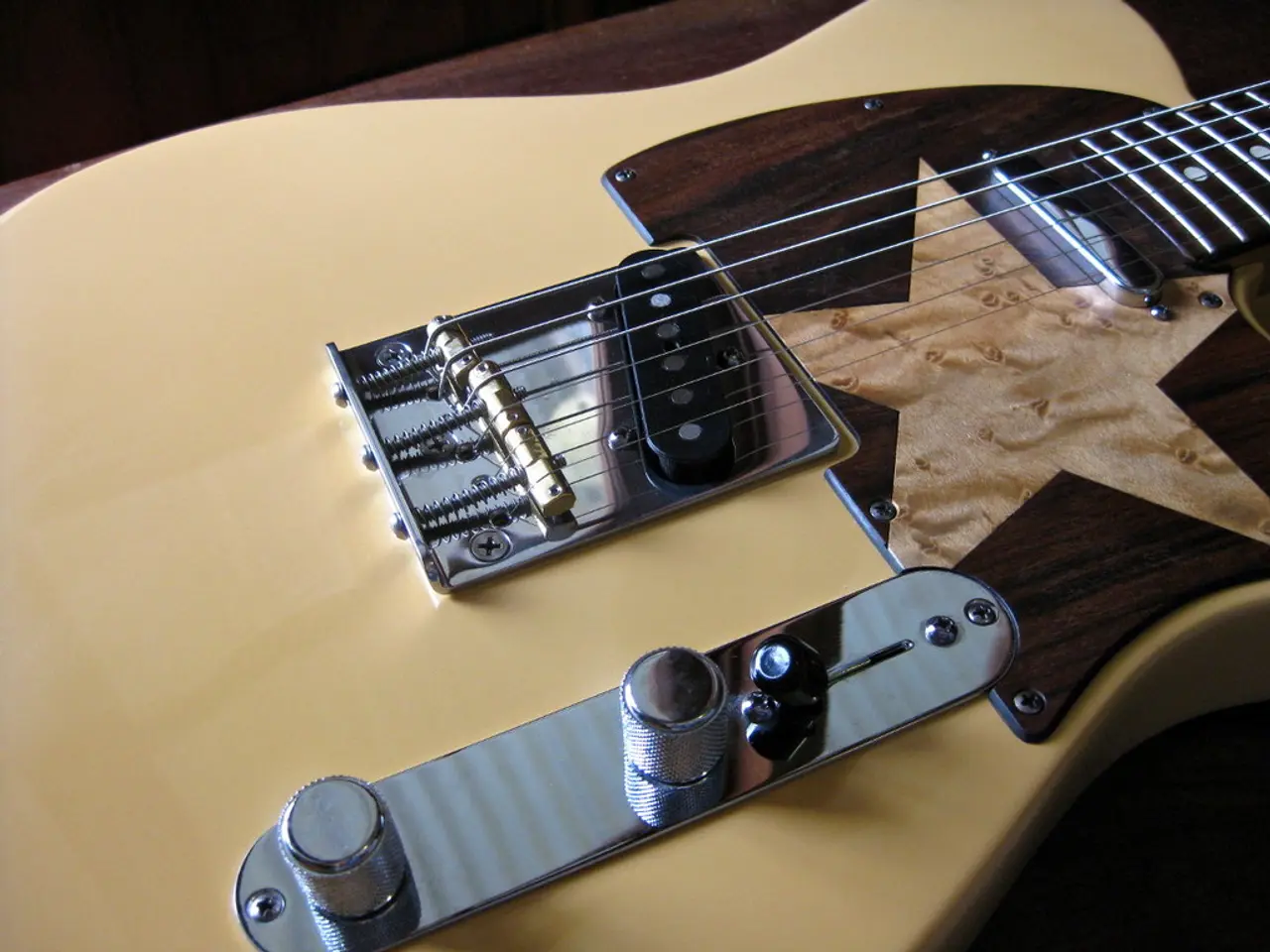Expert shares insights on selecting Chinese automobiles
Chinese car brands are making significant strides in the global market, according to auto expert Konstantin Ligachev. The quality of Chinese cars, particularly in the electric vehicle (EV) segment, has improved significantly and is now comparable to budget European and Korean models.
Brands like BYD, Geely, and MG are leading the charge, widely praised for their build quality, technology, and customer satisfaction. These manufacturers have come a long way and are now considered some of the most dependable Chinese manufacturers.
However, it's important to note that not all Chinese cars are created equal. While advancements have been made across the board, some models continue to struggle with issues in driving dynamics and durability. For instance, the Changan CS95 has received criticism for its inconsistent build quality and performance.
When comparing Chinese cars to their budget European and Korean counterparts, there are some notable differences. In terms of reliability, top Chinese brands like Geely and MG are comparable to international standards, but there is some variability among models. European cars generally have good reliability, with some models showing stable reliability, but at higher prices. Korean cars, on the other hand, have a strong reliability record, well-established globally.
In terms of technology, Chinese cars excel in EV technology, often leading in innovation and features at lower prices. European cars are competitive, but typically less aggressively priced on tech at the budget level. Korean cars offer comparable technology, often practical and user-friendly.
Pricing-wise, Chinese cars are competitive and often lower, though not always undercutting Europeans by large margins. Budget European cars can still cost more than Chinese equivalents, while Korean cars are priced competitively in budget segments, often similar to Chinese cars.
Customer perception of Chinese cars is mixed, with an improving reputation but some skepticism remaining, especially regarding durability and driving feel. European cars have established brands with loyal customer bases, while Korean cars are trusted for quality and value by global customers.
In light of these developments, Ligachev advises potential buyers to consider the year of manufacture, mileage, and number of previous owners when purchasing a Chinese car. He suggests that vehicles from 2018 to 2022 with mileage up to 100-150 thousand km would be the optimal option.
It's worth noting that cars older than 10 years may have problems with corrosion and electronics. Ligachev warns against buying a Chinese car without thorough inspection.
In summary, Chinese cars, particularly EVs, are now serious contenders in the budget market. Quality and features are increasingly on par with their European and Korean counterparts, though some issues remain in specific models and segments. The general trend is upward in quality and consumer acceptance.
Cars like BYD and MG, widely known for their advancements in technology and car-maintenance, are leading a surge in the global market for Chinese car brands. However, it's crucial to exercise care when choosing a Chinese car, as reliability can vary among models, and some may face criticisms similar to the Changan CS95's inconsistent build quality and performance.
When considering purchasing a Chinese car, lifestyle enthusiasts and technology enthusiasts will find an interesting blend of affordable prices and cutting-edge EV technology in Chinese cars, making them strong competitors in the budget market. Nevertheless, European and Korean cars continue to command a reputation for stability and quality, particularly when it comes to reliability and customer perception.




